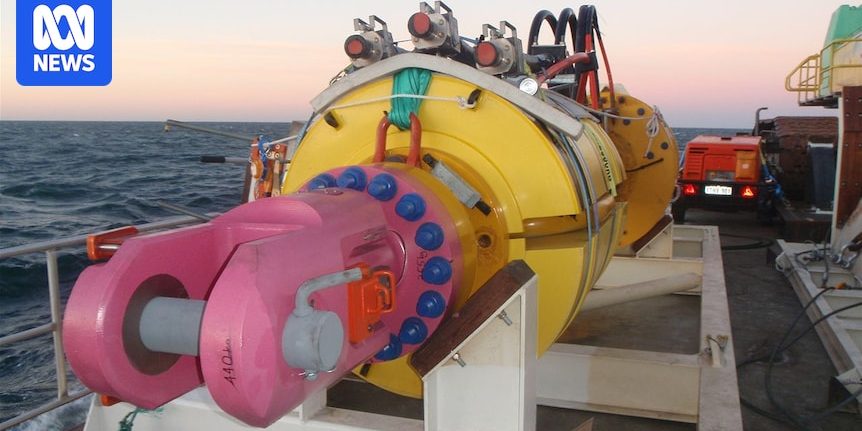Collapsed wave energy hopeful Carnegie Clean Energy had just over $3,000 cash in the bank when it called in the administrators last month.
Key points:
- Carnegie went into administration in March after a cancelled wave energy contract
- The highest bid received for its solar microgrid company was $200,000
- Administrators said the company could be salvaged with a capital raising
And its administrators have revealed the highest of four bids it managed to attract for its solar microgrid company was just $200,000 — with one for just $40,000 — well short of the $13 million cash and shares deal it sealed with the business in 2016.
Carnegie went into voluntary administration in March, three days after the West Australian Government cancelled a deal for the company to build a wave farm in the Great Southern region near Albany.
It follows months of uncertainty around Carnegie’s financial position, with the firm posting big losses and write-downs on the value of its wave energy technology, CETO.
John Bumbak and Richard Tucker of KordaMentha were appointed administrators of Carnegie and its solar microgrid subsidiary Energy Made Clean (EMC).
Since mid-March KordaMentha has pored through the company’s books and they revealed Carnegie had just…







